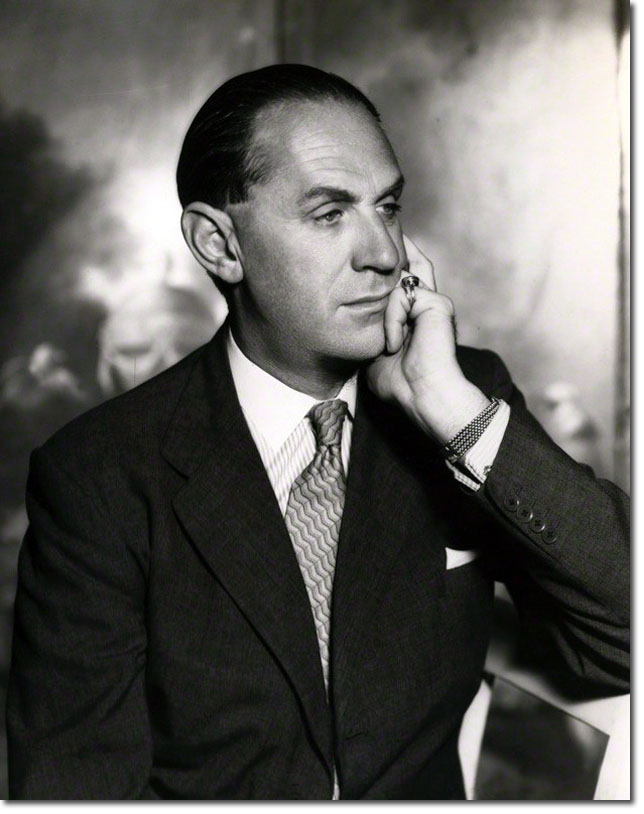|
|


|
|
At the end of July 1954 Lennox-Boyd succeeded to the post of colonial secretary. Given his previous political record, he might have been expected to make every effort to impede constitutional development in the colonies. He certainly believed that British rule had conferred immense benefits on colonial peoples and that their interests would not be served by unnecessarily rapid transfers of power. Yet he also believed in supporting the judgement of his governors, and their preference, when faced with pressure from strong nationalist movements, was overwhelmingly for concession rather than confrontation. He proved willing to expedite Malaya's progress towards independence, and he presided, with far greater reservations, over the transfer of sovereignty in Ghana. His period as secretary of state coincided with a fashion, of which he fully approved, for federating groups of colonial territories. As minister of state he took part in the negotiations leading to the establishment of the Central African Federation, and as colonial secretary he oversaw the creation of federations in the West Indies and southern Arabia. None of these survived. While their existence could be justified on economic and strategic grounds, they proved highly vulnerable to regional tensions, the fear of domination by a particular ethnic group, and the rise of anti-colonial nationalism.
In November 1958 Lennox-Boyd bowed to pressure from his family and undertook to leave the Commons at the next general election in order to assume the post of managing director of Guinness, which was due to fall vacant in 1960. He had already served as colonial secretary for over four years, and he had little interest in taking on any other senior post in government. At the time this decision was made, he and Macmillan were in the process of reevaluating Britain's imperial commitments notably through the review ordered in the light of the Suez debacle: Future Constitutional Development in the Colonies. In so far as disagreements had emerged before the beginning of 1959, it was Lennox-Boyd who had proved the more sympathetic towards the aspirations of colonial nationalists. His plans for a graceful retirement from politics were confounded, however, by events in Africa. On 3 March 1959 eleven 'hard-core' Mau Mau inmates died at the Hola detention camp in Kenya. A communique issued by the Kenya government linked the deaths to water poisoning. On the morning of 14 March 1959, just hours before he was due to tell a special meeting of his constituency party that he did not intend to contest the next general election, Lennox-Boyd was informed by the governor of Kenya, Sir Evelyn Baring, that the detainees had been beaten to death. Under the circumstances Lennox-Boyd could not announce his intention of leaving politics without appearing to assume responsibility, personally and on behalf of the government, for the Hola deaths and subsequent cover-up. He was persuaded by Macmillan to fight the next general election on the understanding that, shortly afterwards, he would be allowed to quit the Commons. Which he duly did shortly after the 1959 election. Lennox-Boyd became increasingly alarmed at what he regarded as the dangerously rapid pace of decolonization in Africa. A sign of his disenchantment with the colonial policy of the Macmillan government was his decision in 1962 to become joint patron of the recently established Monday Club. He had always been a developmentalist. However he later resigned from the Monday Club in 1968 after it publicly endorsed Enoch Powell's stance on immigration. He had opposed the imposition of controls on Commonwealth immigration while colonial secretary, and on a personal level he was repelled by racial prejudice of any kind, as the many guests from Africa and elsewhere in the Commonwealth who stayed at his home in Chapel Street would testify. Picture courtesy of National Portrait Gallery |
Which Colony? Article | Future Constitutional Development in the Colonies Article
Armed Forces | Art and Culture | Articles | Biographies | Colonies | Discussion | Glossary | Home | Library | Links | Map Room | Sources and Media | Science and Technology | Search | Student Zone | Timelines | TV and Film